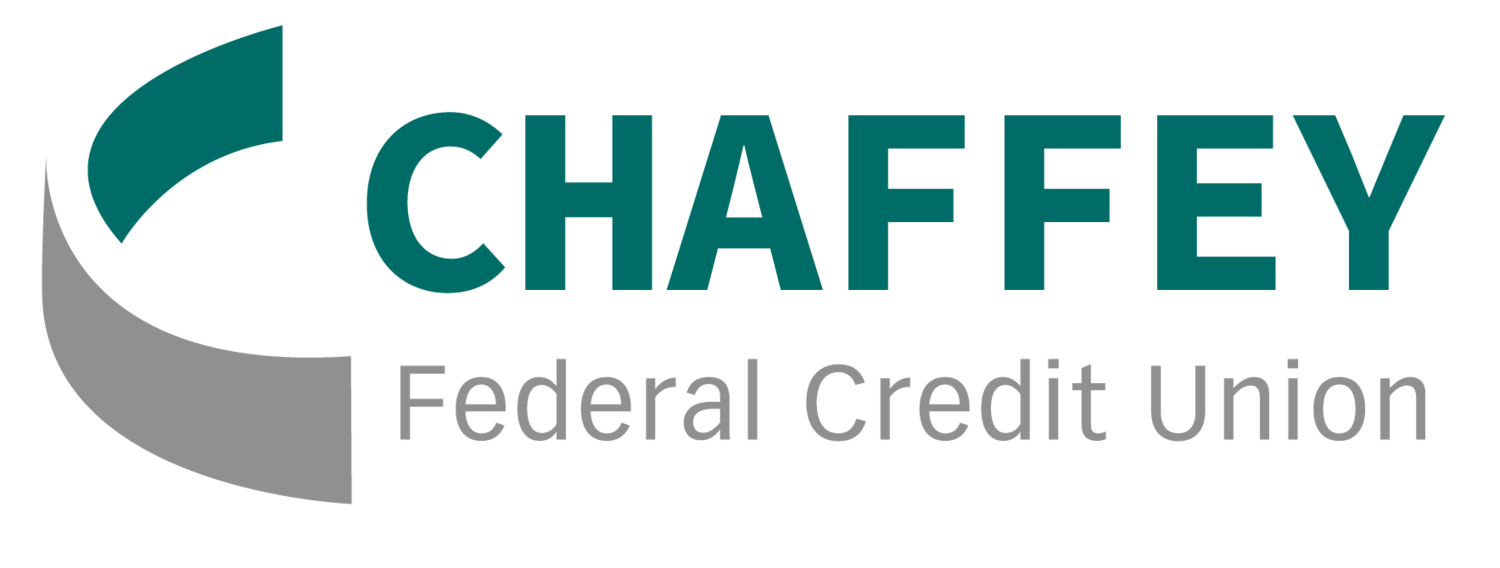Budgeting Basics
Sticking to a personal budget can prove to be challenging. This is especially true when inflation has impacted the cost of everything - from groceries and dining out, to housing and car payments. Plus, vacations and summer camps can bring additional unanticipated expenses. Budgeting can help you plan for each month of these items, while helping you minimize the amount of funds that are wasted each month.
If you’re finding your budget stretched a bit thin, are planning a big lifestyle change, or are approaching a big spending period (like the upcoming holiday season!), it might be a great time to review, update, or even create a personal budget for the first time to help you meet and exceed your personal financial goals.
Creating and Sticking to A Personal Budget
Maintaining a personal budget is an essential step towards financial health. It empowers you to track your income, expenses, and savings goals, ensuring you’re in control of your finances. Here are a few steps you can take to help you create and stick to a budget.
Start Siple: Track Your Monthly Expenses
Keep track of all of your expenses for a month. Record everything you spend money on, from rent and groceries to dining out and entertainment. This process helps you understand where your money is going out and can help you identify areas where you can cut back on your spending.
Calculate Your Monthly Income
Next, determine your monthly income. Include all sources of income, such as wages, freelance earnings, and passive income. Passive income, also known as “unearned income” since it does not come from a traditional job, includes items such as rental income or income from investments. Knowing how much money you have coming in allows you to allocate it effectively.
Categorize Your Spending
Once you have a clear picture of your income and expenses, categorize your spending into fixed expenses (think rent and other fixed bills) and variable expenses (groceries and entertainment). Allocate a specific amount of each category based on your priorities and financial goals. You could also have fixed or variable expenses that do not impact your budget on a monthly basis, such as your homeowners’ or car insurance premium, or an annual subscription or membership fee.
Track Your Progress
Use budgeting tools or apps to streamline the process and track your progress. Many apps categorize your spending automatically and provide insights into your financial habits, make it easier to stay on track.
There are a variety of feel tools online that you can access to guide your budget, such as this free monthly budget worksheet from the Federal Trade Commission, or by trying out a budgeting template from Microsoft Excel.
Find New Ways to Save
Your Savings Account is a key factor of any budget. Building up your savings now can save you from racking up unnecessary debt in the event of an unexpected bill or large purchase. Automating savings transfers once a month or from each paycheck can be an easy way to make sure your savings accounts are constantly growing.
Keep an eye out for sales or coupons to help stretch your spending further. Carpooling to work or school can help you divide transportation costs. Making additional payments on debts can help you pay down loans and credit cards more quickly, reducing the amount you pay on interest and building your savings in the long run.
Chaffey Members can also save on regular or unexpected expenses by taking advantage of the benefits included with a Chaffey Plus Checking account*. Lifestyle benefits provided by a Chaffey Plus Checking account include Health Discount Savings** for additional savings on vision, prescription, or dental expenses, and $hopping Rewards*** for access to online cash back opportunities.
Stay Flexible: Review and Adjust Your Budget
Regularly review and adjust your budget as needed. Life changes, such as job changes, moving, or unexpected expenses, may require revisions to your budget. Flexibility is key to long-term budgeting success. If you are planning a big change in your budget, Chaffey FCU Calculators can help you understand the financial impact of a variety of financial decisions, such as how much home you can afford or how much you should put away for college expenses.
Sticking to a budget isn’t always easy! Remember to cultivate discipline and consistency. You can stick to your budget by avoiding impulse purchases, prioritizing needs over wants, and staying committed to your financial goals. Remember, every dollar you save brings you closer to financial freedom.
Looking for ways that you can save even more? The Chaffey FCU W.I.S.E. program offers personalized financial coaching and mentoring – free to Members. From a customized budgeting review to debt repayment plans, our Certified Financial Coaches are determined to help you reach your financial goals. We’re only a click, tap, or phone call away. Reach out today – we are here to provide you with personalized guidance and can help find the financial products and services that meet your needs.



